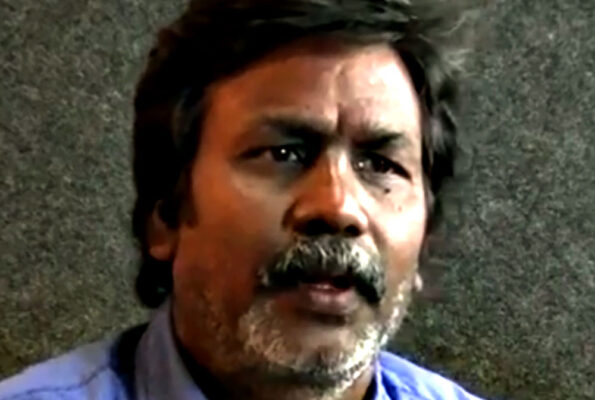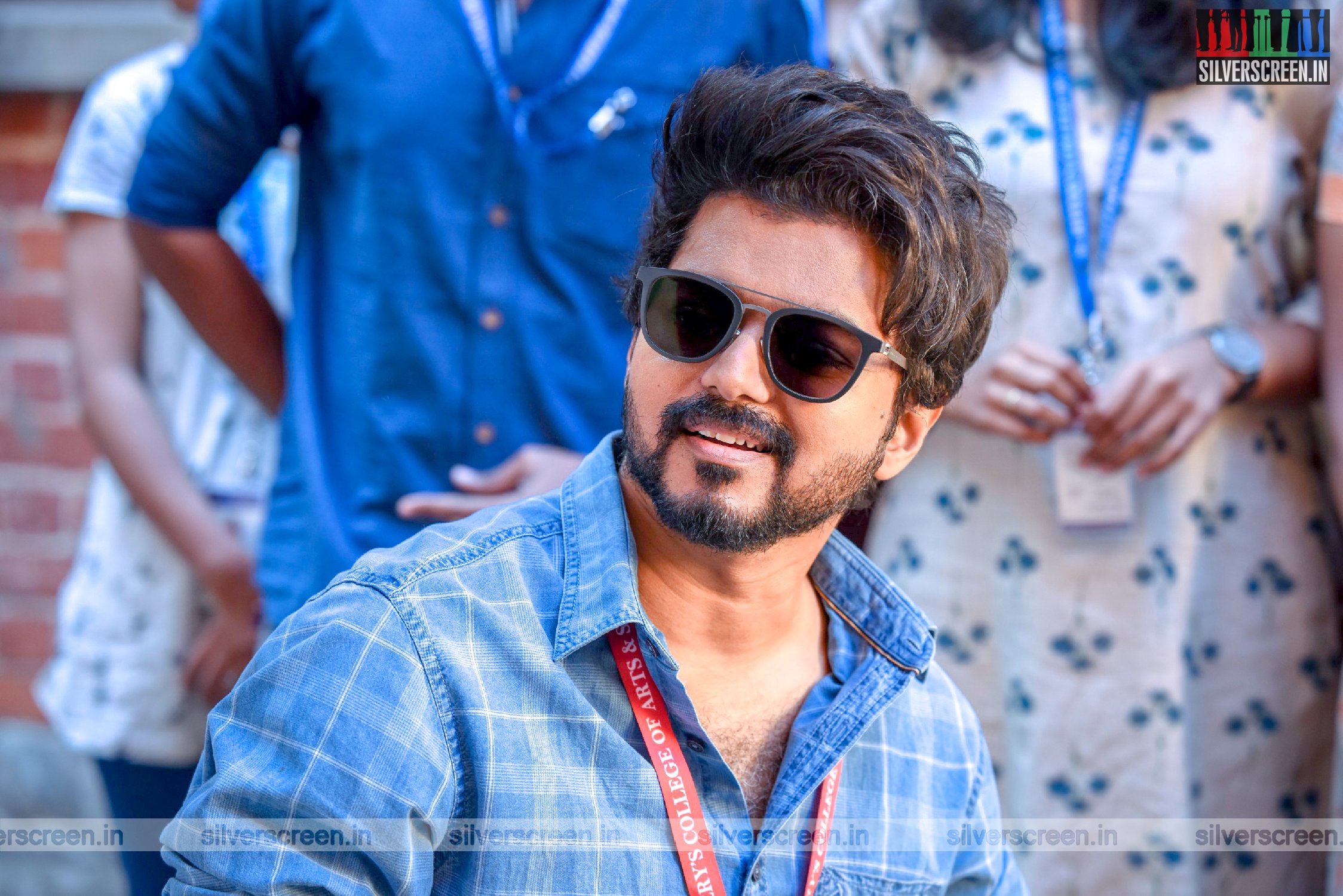Bollywood director-producer Rakesh Roshan, who was recently accused of plagiarising Krrish 3 by a Dehradun-based writer, said that such ‘baseless’ accusations had become a joke these days. In an interview with Deccan Chronicle, Roshan said that no court should entertain such far-fetched copyright claims. “It’s become a joke. Nowadays, anyone stands up to make claims on films and filmmakers. If anyone has a story for filming, it should be registered with the writers’ association and this association should be the final voice (in case of disputes),” he said.
Roshan has resorted to hiring expensive lawyers for his case, stating that he couldn’t find any other solution to counter this issue. “There is no other option but to fight back. One has to protect one’s rights. Till some stringent law is implemented, this will keep happening. I, as an individual, cannot fight this,” he said.
Courtesy: Wikipedia
The writer, Roop Narain Sonkar, had accused Roshan of plagiarising his novel Suardaan for the script of Krrish on 21 May. Although Roshan appealed to the court to quash the FIR against him, his plea was rejected. On 1 September, the High Court stayed Roshan’s arrest till the next hearing, which is scheduled for 19 September.
In his complaint, the writer had claimed that parts of the movie as well as some of the characters were lifted from his book. The director contested these claims, and stated that the screenplay was his and his aide’s original creation, resembled the book in no way.
Earlier in 2013, prior to the film’s release, Uday Singh Rajput from Madhya Pradesh had claimed that he had written the script for the film and demanded two crores as remuneration. The High Court had, however, dismissed his claims.
Rakesh Roshan’s next production, Kaabil has also run into similar problems. Singer/actor Sudhanshu Pandey has accused director Sanjay Gupta of using a plagiarised script. Pandey subsequently dismissed the claims, and said that he was ready to take the case to court.
Other notable cases of alleged plagiarism:
The cine industry is no stranger to allegations of plagiarism, and cases are especially frequent with big-budget films. The director of Mohenjo Daro, Ashutosh Gowariker, recently came under fire for allegedly plagiarising a script by scriptwriter Akashaditya Lama for the film. Lama sent a legal notice to Gowariker, UTV Films, and Disney India after the film’s announcement in end-2015, alleging that the makers had stolen his story. Lama said that he had made a play with the same title and had even registered the same script with the Film Writers Association in Mumbai. The Court’s decision, however, favoured Gowariker, and Lama had to pay a fine.

Minjur-Gopi-featured-image
Plagiarism issues are also rampant in the South. Most recently, there was a dramatic face-off between established filmmaker AR Murugadoss and aspiring filmmaker Minjur Gopi Nainar. In 2014, Murugadoss had been accused of plagiarism by Gopi. But the Court had dismissed the case due to lack of evidence. Gopi alleged that the story of Murguadoss’ Kaththi was copied from his script, Moothakudi. Gopi claimed to have met Murugadoss thrice to discuss his script. “I have known Murugadoss for over a year and a half and had narrated the story (of Moothakudi) to him. Eventually, when the shooting for Kaththi began, I kept hearing rumours about the plot and I was shocked at the similarities with the script I had narrated to Murugadoss. That is when I lodged a complaint,” he told Silverscreen when the issue surfaced.
Murugadoss subsequently filed a defamation case against Gopi. Eventually, Gopi withdrew his own defamation case against Murugadoss, citing a certain ‘legal proceedings‘ that he did not wish to disclose.
The Tamil horror film Aranmanai, released in 2014, also faced similar allegations, this time on the grounds of it being a blatant remake. Directed by actor-director Sundar C, the film faced legal issues owing to veteran director M Muthuraman claiming that the film was a remake of his 1978 film Aayiram Jenmangal. The Court appointed an Advocate Commissioner to verify these claims. After viewing both films, the Commissioner’s report concluded that the plot, theme, storyline, and structure of both films were similar. The report stated that the script of both films were the same and most scenes were copied and replayed from Aayiram Jenmangal.
What the Law says:
The Copyright Act, 1957 protects original literary, dramatic, musical and artistic works and cinematograph films and sound recordings from unauthorised uses. Unlike the case with patents, copyright protects the expressions and not the ideas. There is no copyright on an idea.
Any person who knowingly infringes in any work directly commits an offence under Section 63 of the Copyright Act. The minimum punishment for infringement of copyright is imprisonment for six months with a minimum fine of Rs 50, 000.
Recommended
The laws are stringent and the penalty for copyright infringement is sizable, but most refrain from complaining as the process of getting justice is long and tedious. The procedure involves proving that the ‘infringer’ had access to the complainant’s works. Also, the onus of proving that the script, the song, or the story read and sound similar, is upon the complainant. It can also involve drawn-out and ugly battles in the Court even as dates of hearing are extended or delayed, and lawsuits become more expensive. Much like what Roshan said about his current battle regarding with plagiarism charges.
Feature Image Courtesy: Filmfare.com



